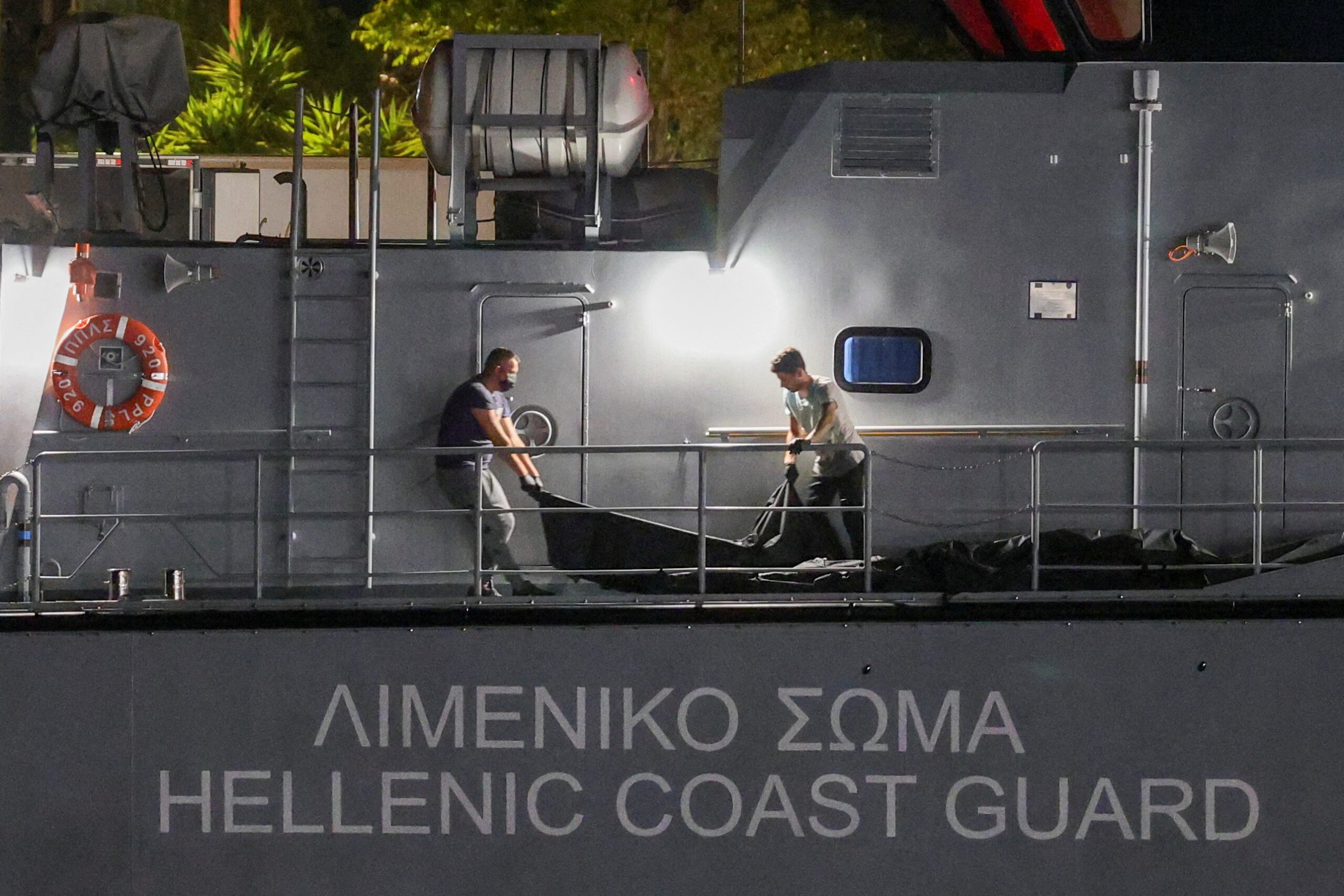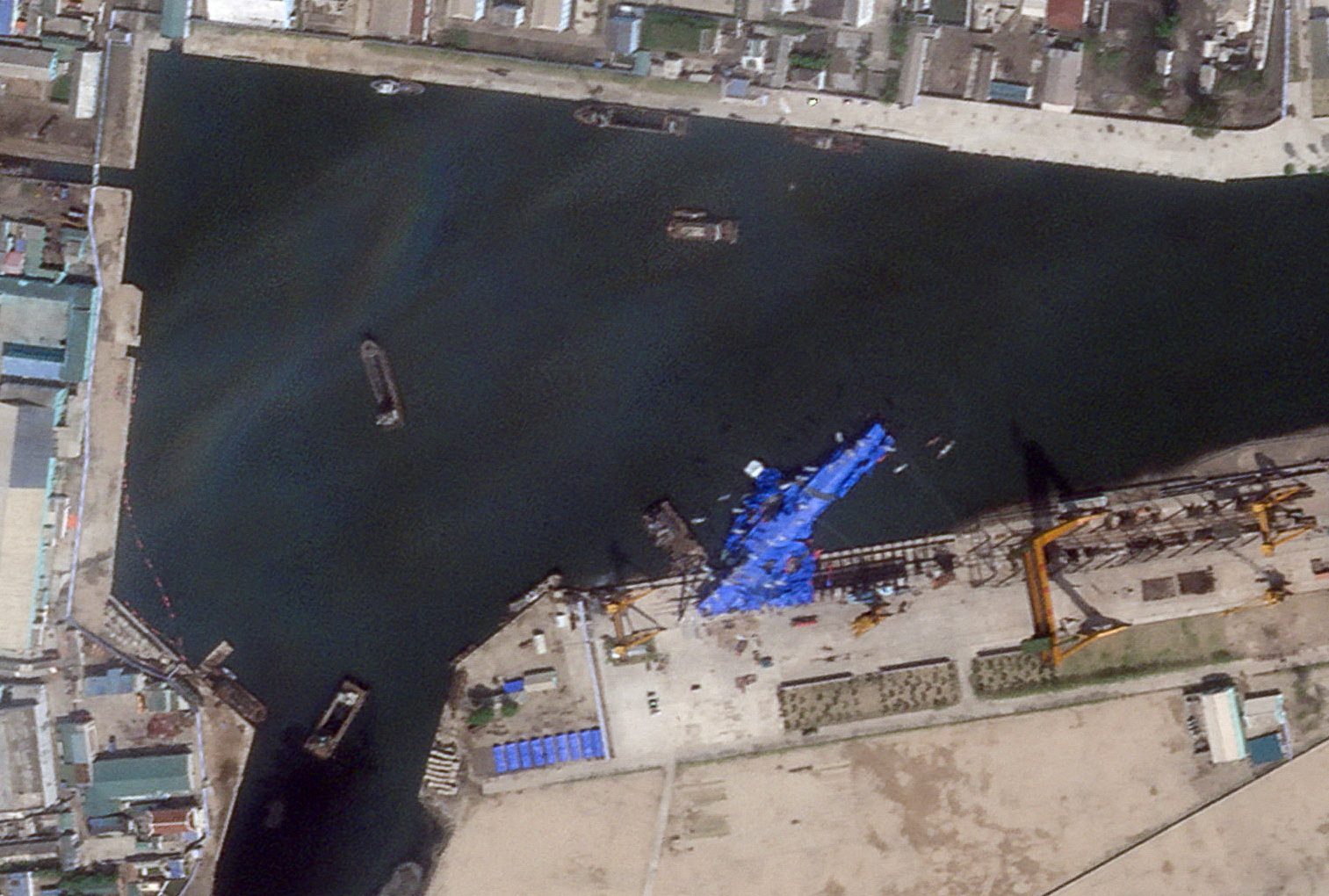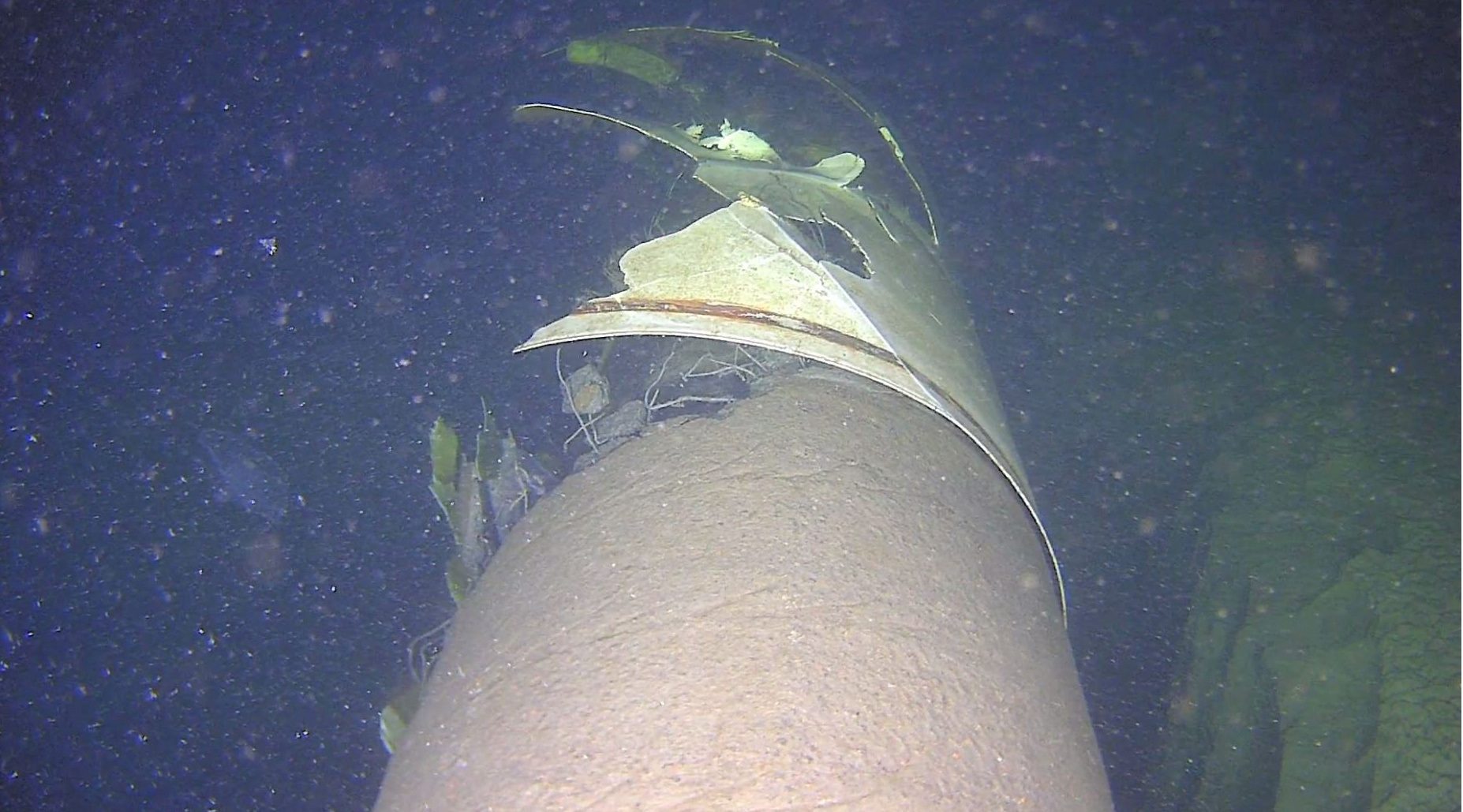SEOUL (Dow Jones)–Samsung Heavy Industries Co. (010140.SE) plans to continue its policy of fully hedging its exposure to foreign exchange risks arising from the fact it receives most of its payments for shipbuilding contracts in U.S. dollars.
“We have had a strategy of hedging 100% of shipbuilding payments since 2001 in order to remove our exposure to outside factors such as volatile foreign exchange moves,” Do Min-hae, vice president of Samsung Heavy’s finance team, told Dow Jones Newswires in an interview Monday.
Samsung Heavy, the world’s second-largest shipbuilder by order backlog as of March, hedges all of its currency exposure through forward contracts, Do said.
When a Korean shipbuilder receives an order that the client wants to settle in dollars, the company is exposed to risks from currency swings as payments will be made several times through the course of a project’s progress. Hedging mitigates against the won strengthening against the greenback, which would see shipbuilders make less money when it converts payments into the local currency.
“In many cases, shippers have the right to decide on the settlement currency and most of the settlements are made in the U.S. dollar,” said the vice president, adding that in rare cases, payments for major equipment are made in a number of currencies.
Samsung Heavy has based its 2011 business plans on a rate of KRW1,100 per dollar, the same as last year. The dollar traded at KRW1,084.30 on Monday.
His comments on hedging compare with those made last month by executives at Samsung’s rivals such as Hyundai Heavy Industries Co. (009540.SE) and Daewoo Shipbuilding & Marine Engineering Co. (042660.SE). Hyundai Heavy told Dow Jones Newswires that its policy this year is to hedge 80% of its net foreign-exchange exposure for all operations through dollar forwards selling, while Daewoo Shipbuilding said it’ll initially hedge 70%-80% of its net foreign-currency exposure through forward contracts and the remainder will be hedged at a later stage depending on market conditions.
On Course To Meet 2011 Order Target
Meanwhile, the Geoje-based shipyard “will have no problem in achieving the order target for the year,” Do said. “High oil prices are encouraging not only investments in offshore oil block development but also demand for high-end ships such as drill ships and LNG ships.”
In the year to date, the company has received orders worth $4.7 billion, equivalent to 41% of its 2011 order target of $11.5 billion. The order book got a boost Monday with an $800 million order for four “fuel-efficient” LNG carriers.
If increasing oil prices continue to push raw material costs higher, Samsung will respond by improving productivity, Do said, so that construction of ships is faster.
Looking ahead, the company will invest KRW500 billion ($461 million) by 2015 to develop more fuel-efficient vessels which reduce shipping companies’ costs.
As for the supply of shipbuilding plates, or heavy thick plates, from Japan, Do said its Japanese suppliers had suffered little impact from the March 11 earthquake and tsunami so Samsung Heavy isn’t suffering from any supply disruptions as a result.
“But we have asked Posco to increase the production of shipbuilding plates as part of a group of nine domestic shipbuilders to prepare for any possible shortage (of the key material),” said Do.
Samsung, which imports 30%-40% of its shipbuilding plates from Japan, usually has more than one month of the material in inventory.
-By Kyong-Ae Choi, Dow Jones Newswires

 Join The Club
Join The Club











